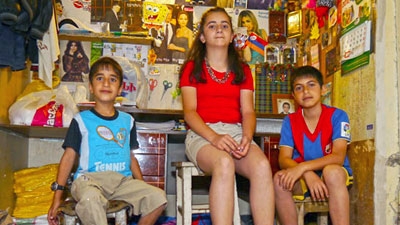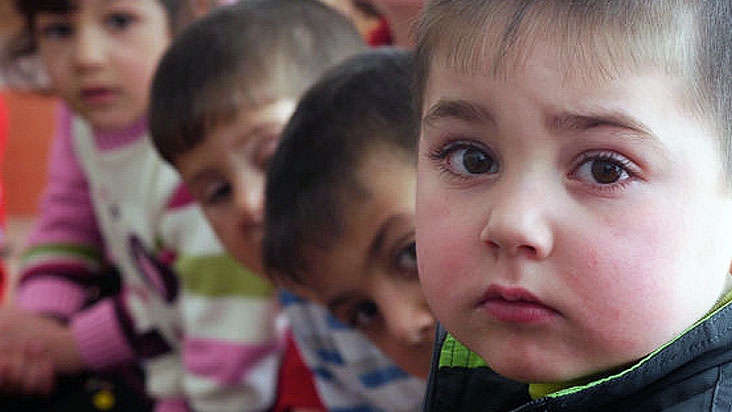
Challenge
The crisis revealed deep-seated vulnerabilities in Armenia’s precrisis period: overdependence on the export of copper and other minerals and remittances for the financing of imports, and excessive growth in the non-tradable sectors, particularly construction. After double-digit growth rates for five consecutive years, Armenia was hit hard by the global crisis and real GDP fell by more than 14 percent in 2009. Unemployment soared and the poverty headcount index increased from 27.6 percent in 2008 to 35.8 percent in 2010. The need for social spending increased at the same time that the fiscal space shrunk due to a sharp fall in revenues. An expansionary fiscal stance was thus warranted in the immediate aftermath of the crisis, but concerns about fiscal sustainability pointed to consolidation. The most binding constraints to growth included weak conditions for fair competition, high administrative and regulatory costs to firms, insufficient and low quality infrastructure, the shallow nature of financial intermediation, and underinvestment in human capital.
Solution
The DPOs were developed to mitigate the consequences of the global crisis on vulnerable groups in Armenia and to strengthen resilience and competitiveness for post-crisis recovery and growth. To help those most at risk, the operations supported the government in managing a sound macroeconomic and fiscal framework, while protecting the poor and strengthening the management of social transfer, education, and health programs. To boost competitiveness for recovery and growth, the DPOs assisted the government in improving economic competition and the business climate, strengthening the regulatory environment in infrastructure, improving competitiveness through the sustainable use of energy and natural resources by amending the fiscal regime for the mining sector, and enhancing public sector efficiency and effectiveness.



